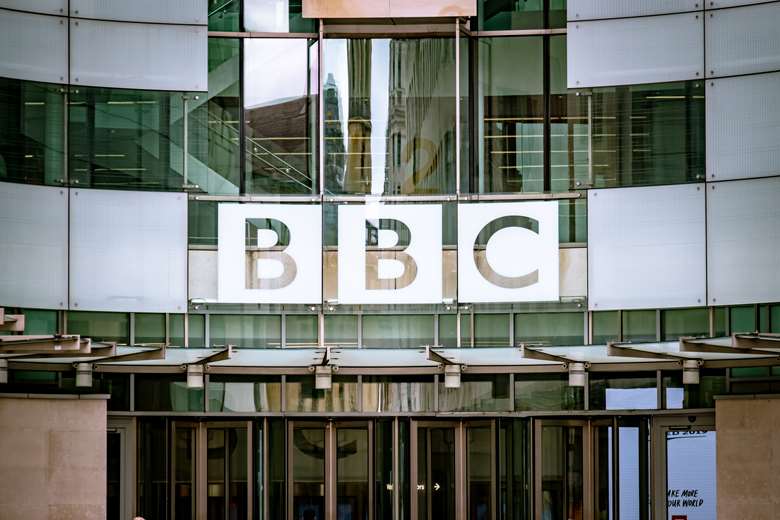BBC Radio & Music announces senior commissioning team restructure
Florence Lockheart
Wednesday, May 18, 2022
These changes come in response to a recent research project launched by the broadcaster to assess its ongoing role within the UK’s classical music sector

BBC Radio & Music has announced plans to restructure its senior commissioning team. Lorna Clarke (pictured below), originally controller of pop music, will become director of music with Alan Davey, controller of Radio 3 & BBC Proms, joining her team alongside the newly created role of head of orchestras & choirs.
Mohit Bakaya, currently controller of Radio 4 & 4 Extra, will also become director of speech, with Heidi Dawson, controller of Radio 5 Live and Radio 5 Sports Extra, joining his team. Jonathan Wall’s job title will change from controller of BBC Sounds to director of BBC Sounds, and he will continue to work on the BBC’s digital audio strategy.

 Lorna Clarke
Lorna Clarke
BBC chief content officer, Charlotte Moore says: ‘Our distinctive radio stations are loved by millions… now we want to do even more for our audiences so that when they come to us, they’ll not only find their favourite shows but also discover new audio from us, however and whenever they choose to listen.’
These changes come in response to a recent market and audience research project launched by the BBC to assess its ongoing role within the UK’s classical music sector. Alongside Davey the newly created role of head of orchestras & choirs will set a new strategy in response to the survey. The person filling this role has not yet been announced.
In a report produced by BBC news and current affairs producer, Rachel Jupp and director, factual, arts & classical music, Patrick Holland, the broadcaster lays out plans to ‘refine and strengthen [its] public purpose for classical music’ in response to the survey results.
Steps taken by the BBC will include working to ‘collaborate more with partners across the UK’ by expanding beyond London and the South East, ‘invest more in education’ by building relationships with schools, colleges and conservatoires and ‘do more to open up the classical sector as a place to work’ as well as ‘innovating to bring classical music to new audiences’.
You can find out more about the report (including the full results of the research) here.







